This is a recording of a 4-minute mini-keynote I did last month on Content vs. Context. I hope you enjoy and find it useful 😉
Content is NOT King, Context Is!
What does this mean? 👌
Here it means ok, good or fine. But if you are in Brazil, it means you’re an ass. And that’s because content is not king, context is king.
So what is content and what is context?
Content is something valuable. Context is why it is valuable.
Content is just something we talk about. Context is the story of why we talk about it.
So context is our story. Change the context and the content becomes useless.
That is why no keynote speaker can deliver the same content at a Donald Trump and a Joe Biden rally. Because the context is different.
That is also why one person’s garbage is another person’s treasure and they see the same content differently.
In evolution, the same content survives in one context and dies in another. Because evolution is a filter.
The same is true for our human brain – it is not designed to create content. It is designed to provide context. It is primarily a filtering device which takes the infinite amounts of data in the universe and runs it through the context of survival. Everything relevant to our survival is content. Everything else is invisible.
Human is a being in search of context. That’s how we differ from AI. We create context. Context tells us what to focus on and what to throw away. AI lacks context. That is why we need prompt engineering and reinforced learning on top of infinite amounts of data – to lend human context to AI.
In 2006 Rob Walker spent a couple hundred dollars for 200 useless thrift items. These were all second-hand with no intrinsic value or uniqueness. Then 200 authors wrote a story for each item and Rob sold them for $8,000 with an average price increase of 6,300%, demonstrating that value is primarily about context, not content.
So, in business, low value is about content. It will be done by AI. High value is about context. For example, when Steve Jobs launched the iPhone he changed the very context of what a phone is.
Finally, most conflict is about context, not content. It is about the right framework or story we need to use. That’s how different people can look at Donald Trump, Climate Change, the War in Ukraine, abortion or any controversial content and see it differently. Because their context is different.
So, regardless of whether you’re a leader or a keynote speaker, to make a dent in the universe, we must change the context. Because content is not king, context is, story is.

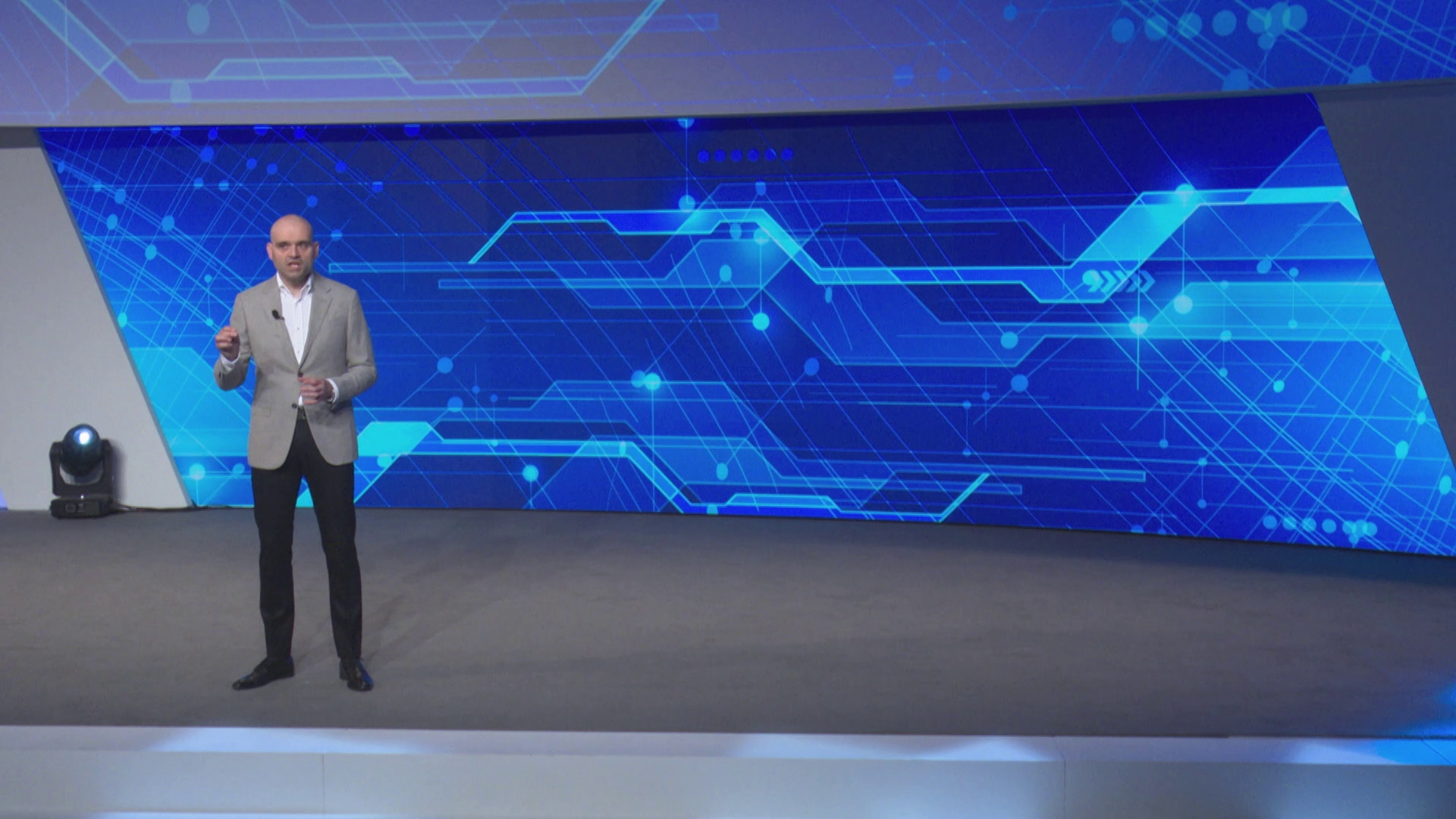 I recorded this virtual keynote for a corporate client about 10 days ago and decided to share it publicly. Hope you enjoy it 😉
I recorded this virtual keynote for a corporate client about 10 days ago and decided to share it publicly. Hope you enjoy it 😉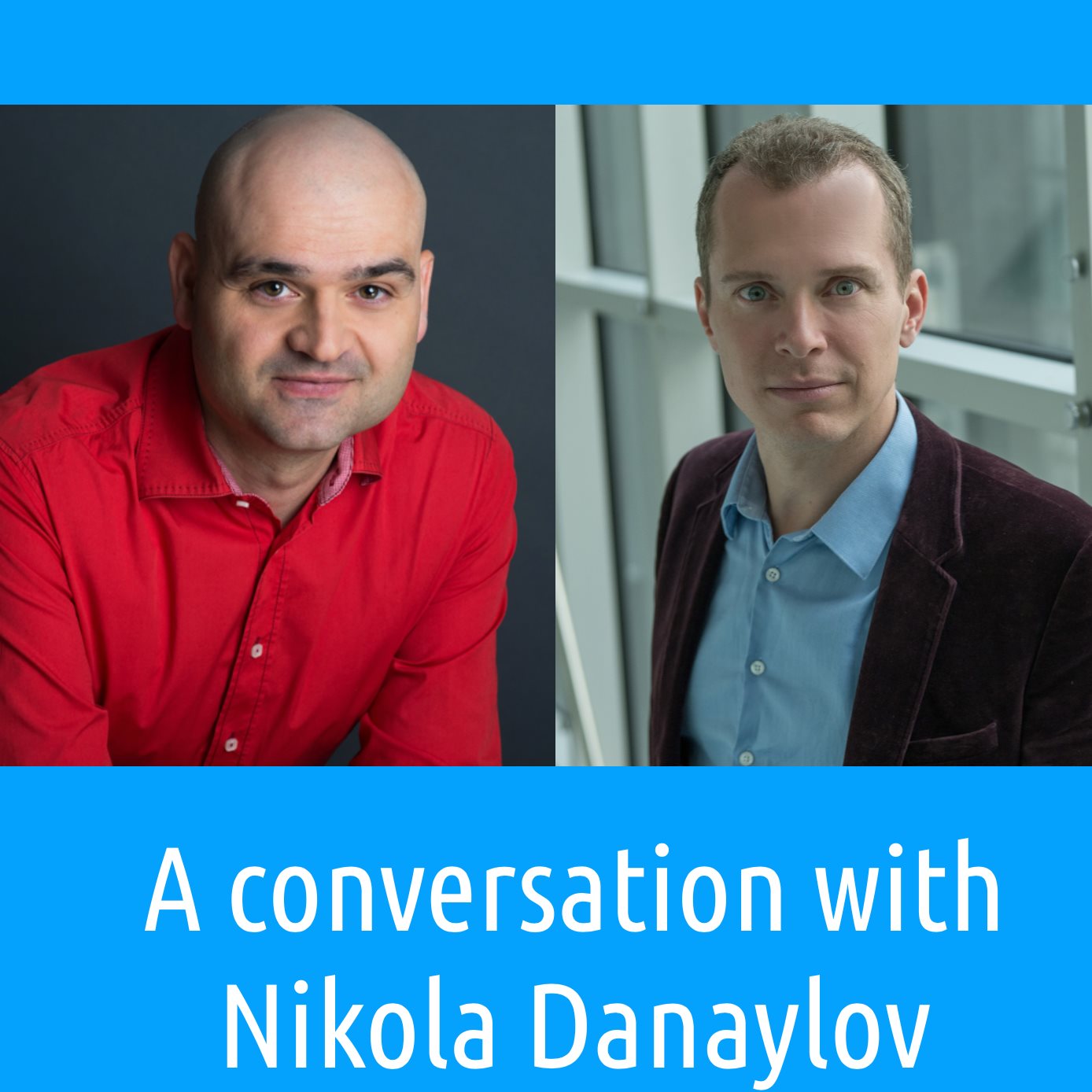 Two days ago I was interviewed by Jon Nielsen of the fantastic Happy Ways Podcast.
Two days ago I was interviewed by Jon Nielsen of the fantastic Happy Ways Podcast.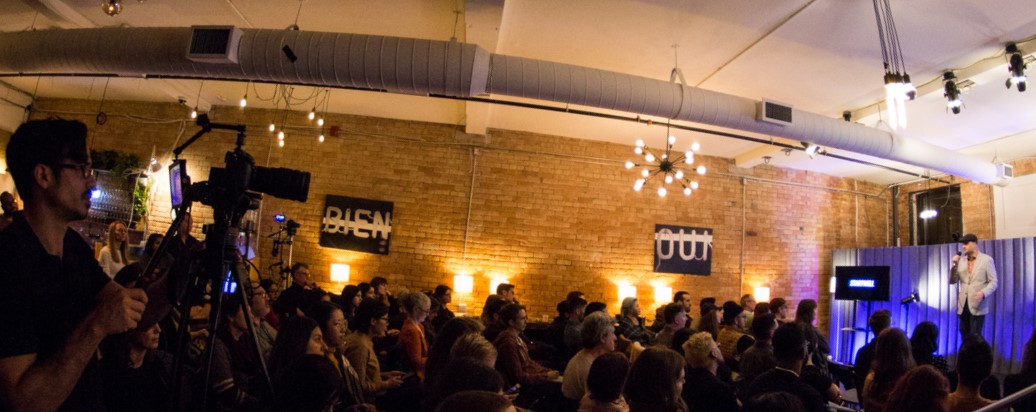 This is the short closing speech I delivered at the 2019 Dark Futures meetup in Toronto. Not my finest speech but, since event organizer and
This is the short closing speech I delivered at the 2019 Dark Futures meetup in Toronto. Not my finest speech but, since event organizer and 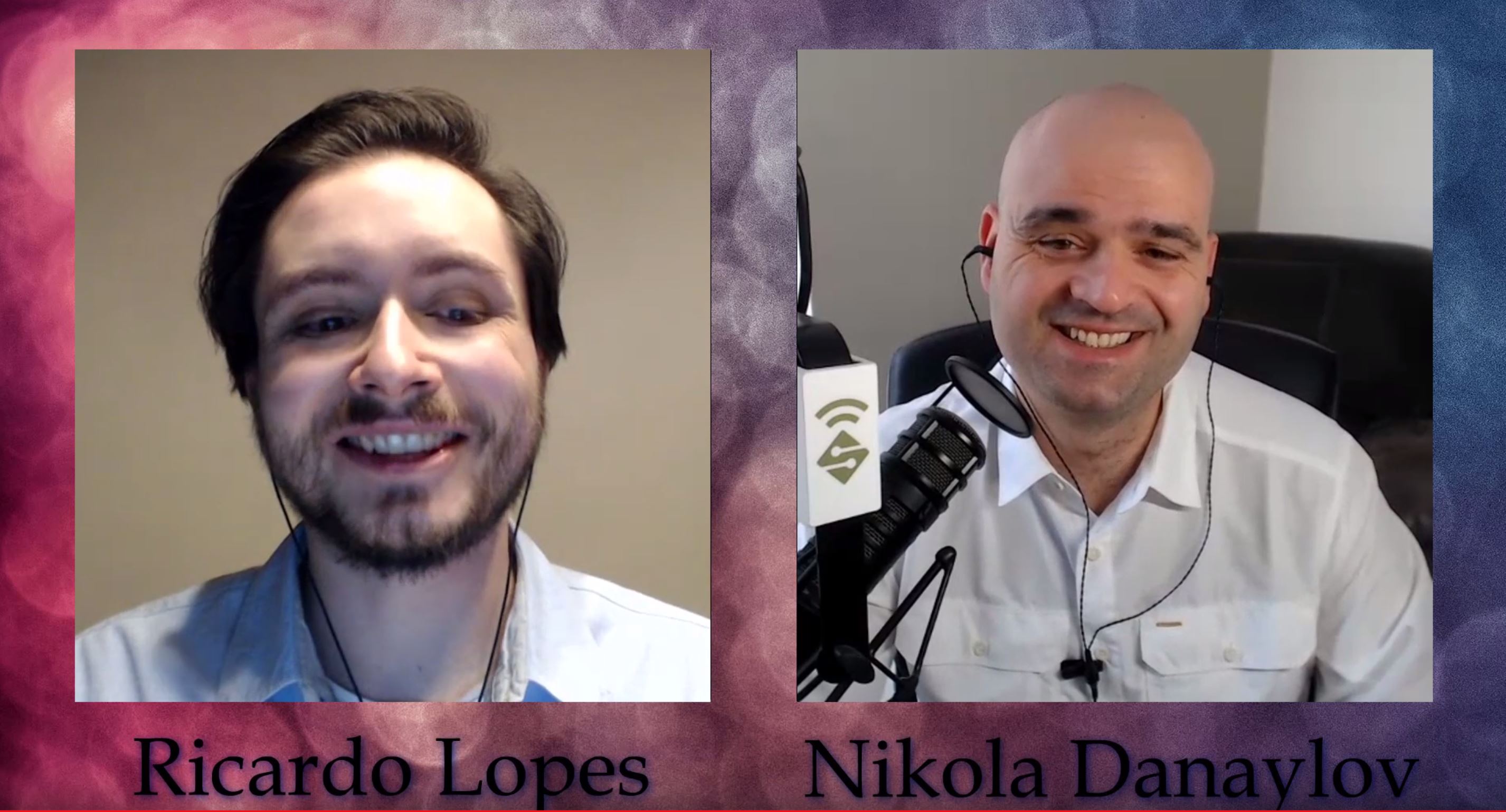 A few weeks ago I got interviewed by Ricardo Lopes for
A few weeks ago I got interviewed by Ricardo Lopes for 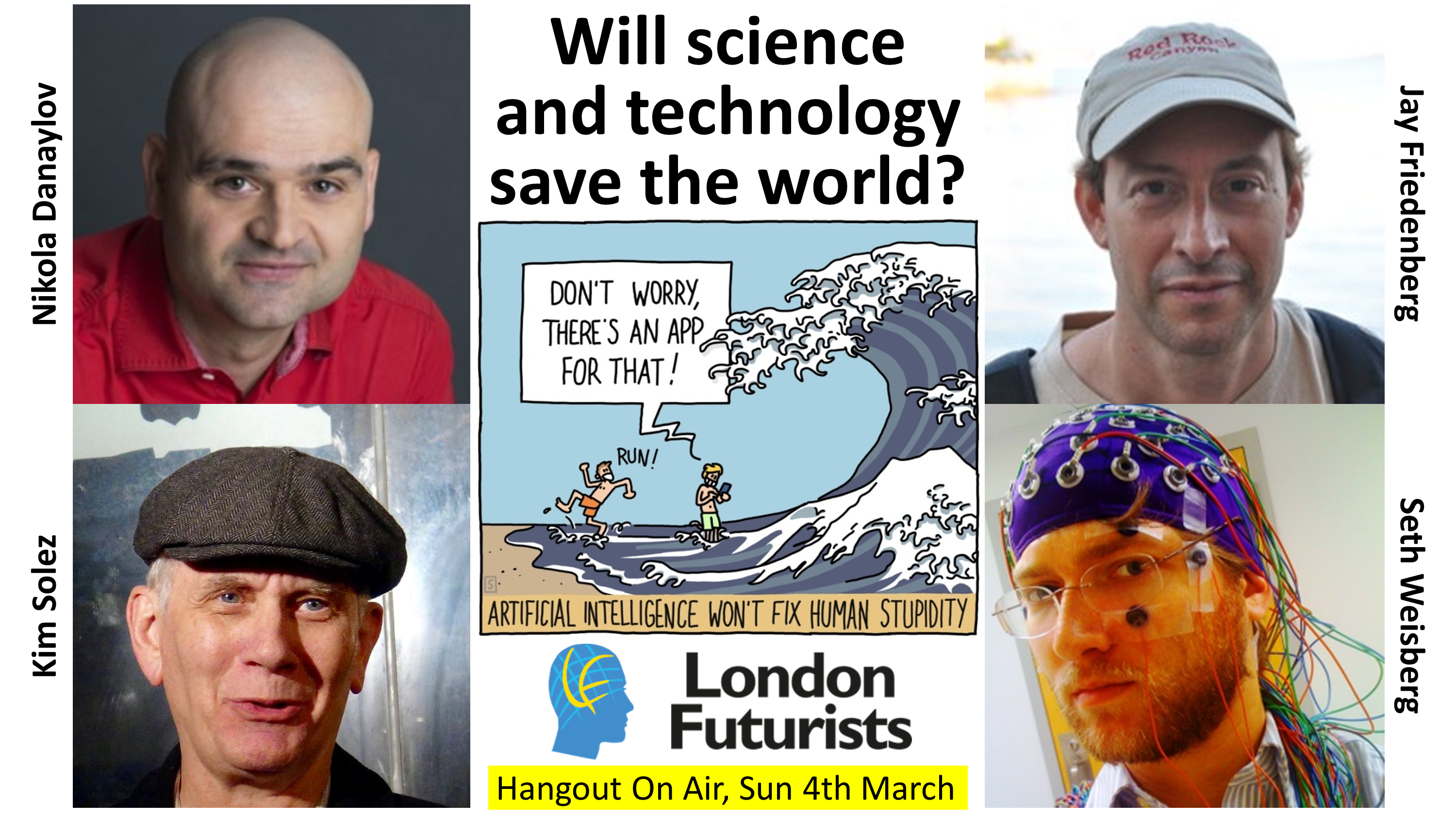 The green revolution in agriculture has freed hundreds of millions around the world from the risk of starvation. The Internet is providing knowledge-on-tap to people as never before. Lifespans have doubled due to remarkable progress in medicine. New desalination techniques are poised to solve problems of shortage of fresh water. Our remaining resource problems can be solved by synthetic biology, nanoscale molecular manufacturing, and asteroid mining. The threat of climate change can be tamed by carbon capture and geoengineering. Although doomsayers are distracted by rolling news stories that highlight human failings in graphic terms, the big picture is that science and technology are changing the world into a much better place. Right?
The green revolution in agriculture has freed hundreds of millions around the world from the risk of starvation. The Internet is providing knowledge-on-tap to people as never before. Lifespans have doubled due to remarkable progress in medicine. New desalination techniques are poised to solve problems of shortage of fresh water. Our remaining resource problems can be solved by synthetic biology, nanoscale molecular manufacturing, and asteroid mining. The threat of climate change can be tamed by carbon capture and geoengineering. Although doomsayers are distracted by rolling news stories that highlight human failings in graphic terms, the big picture is that science and technology are changing the world into a much better place. Right?